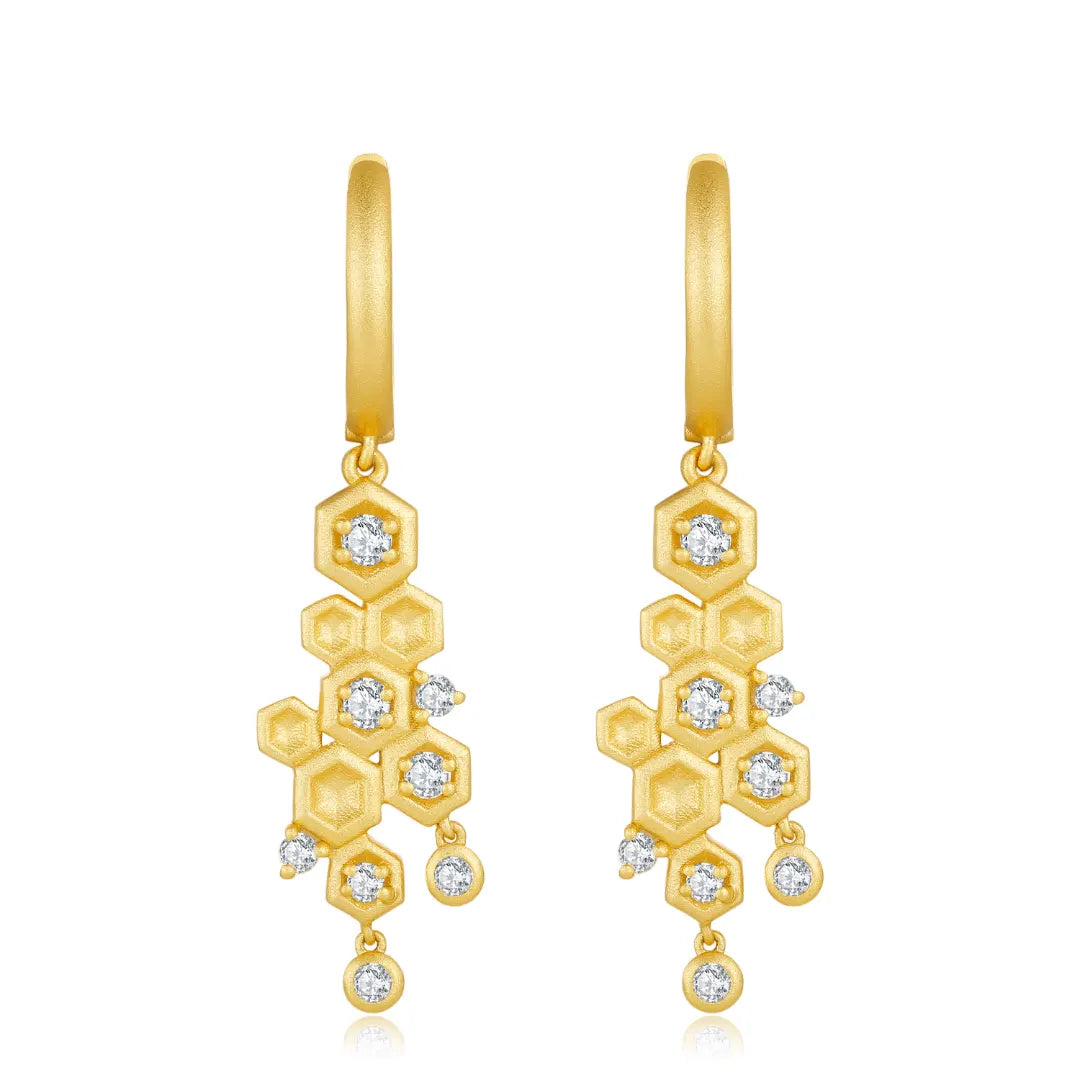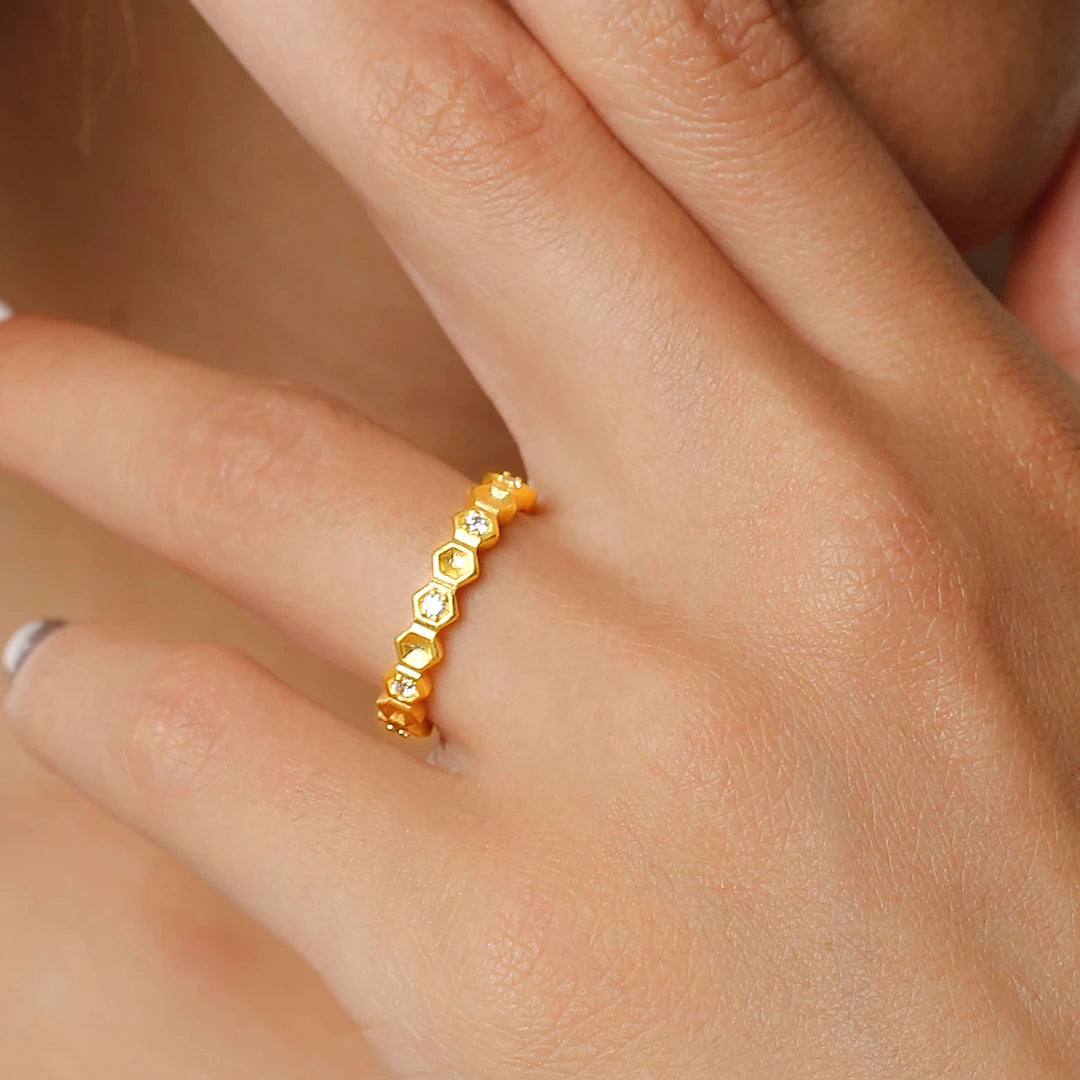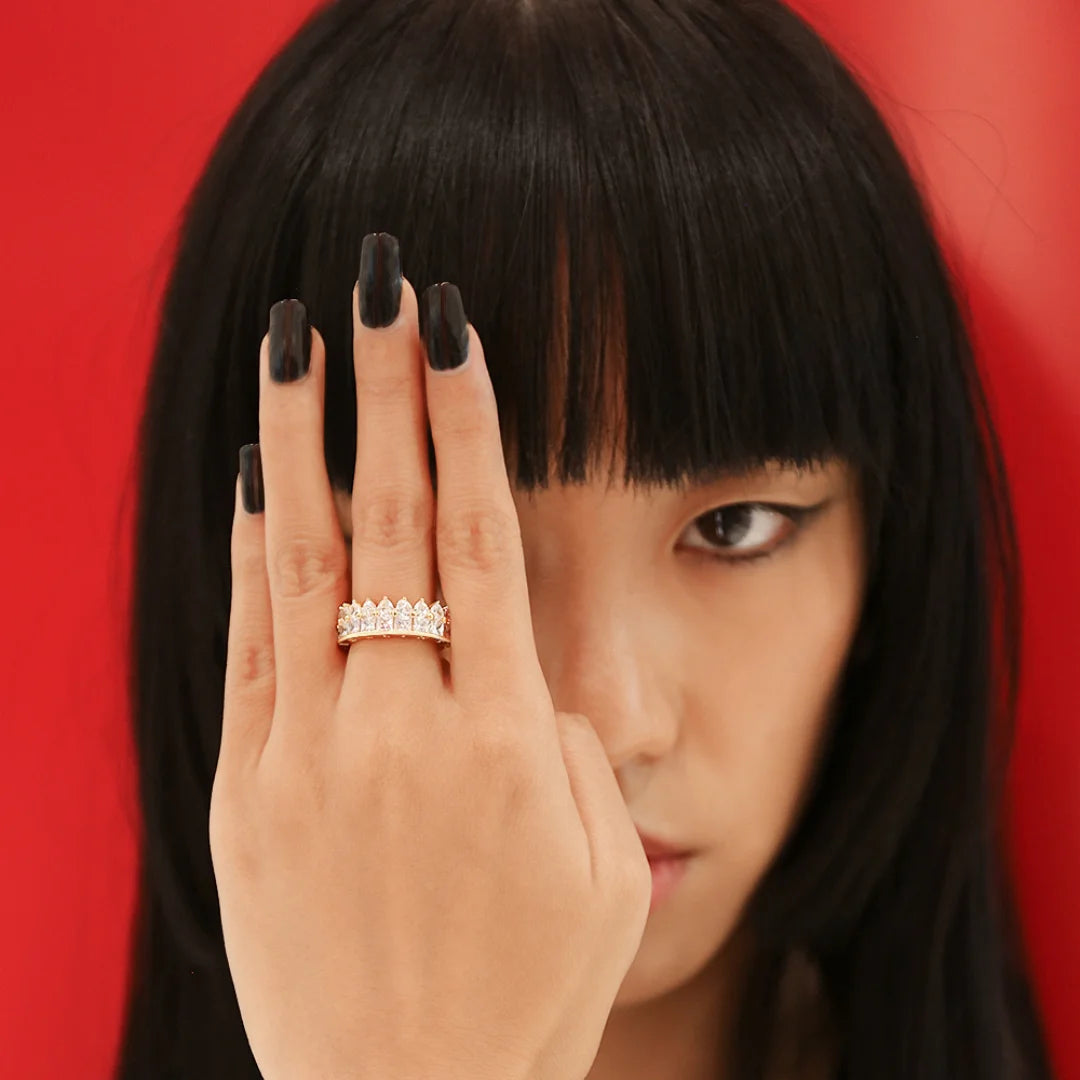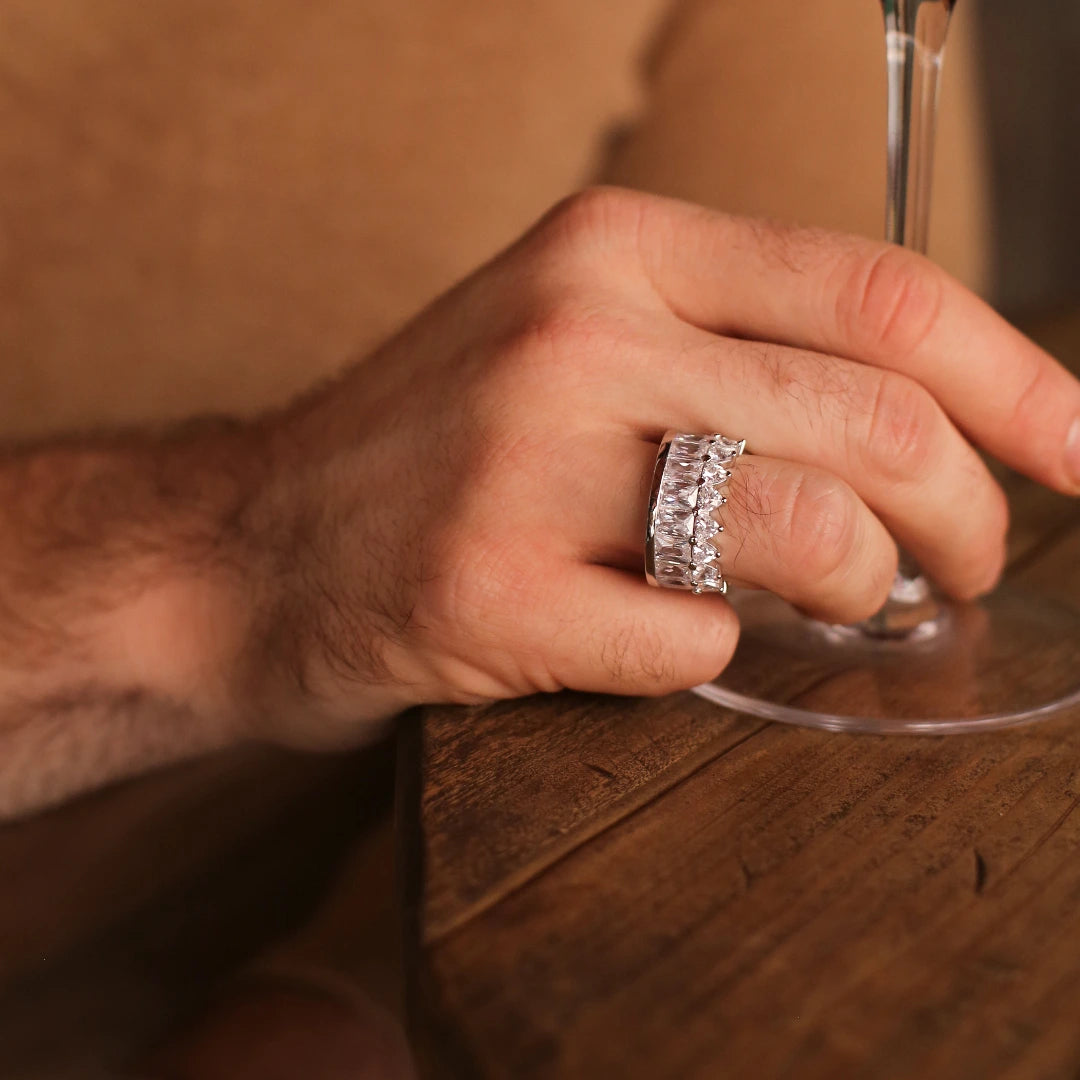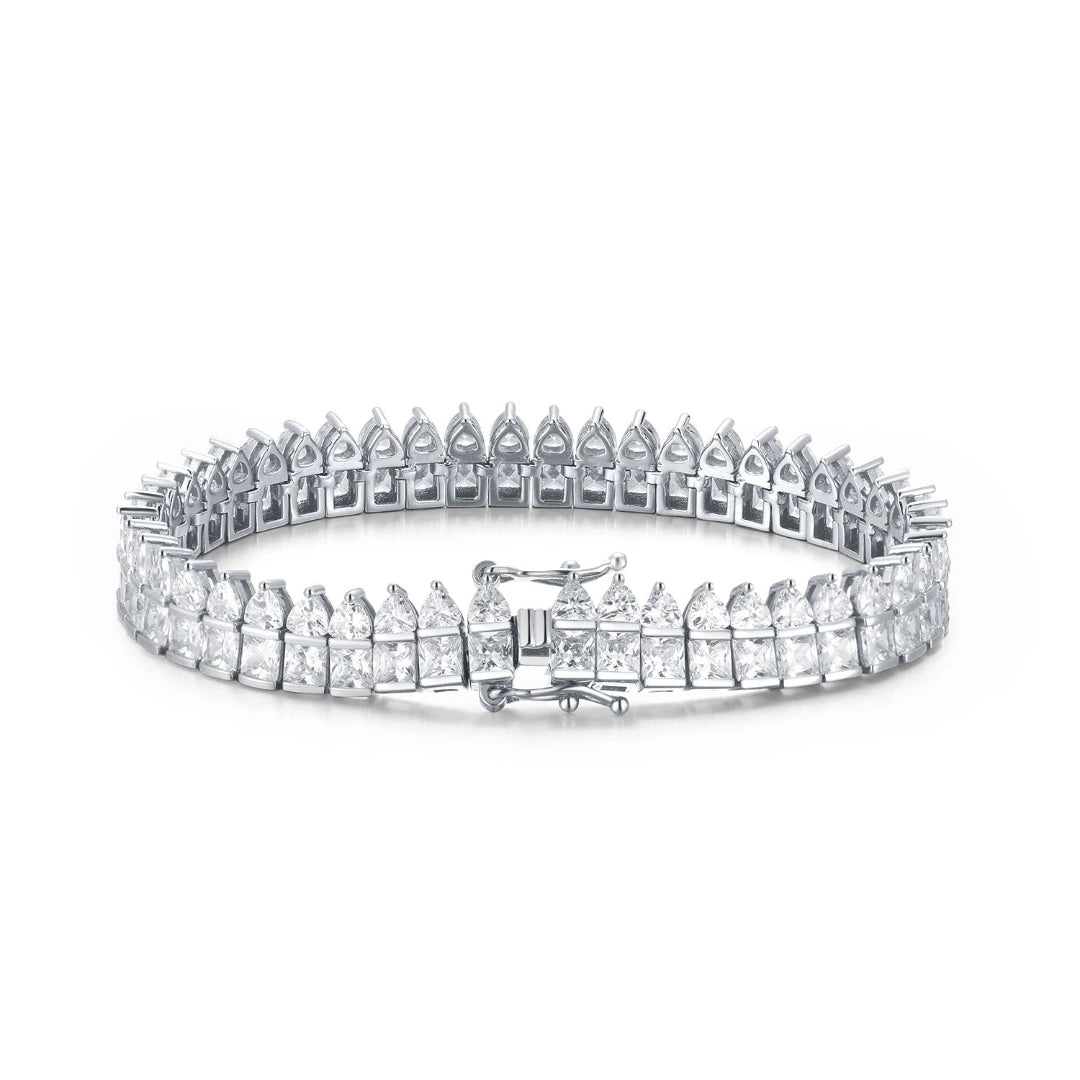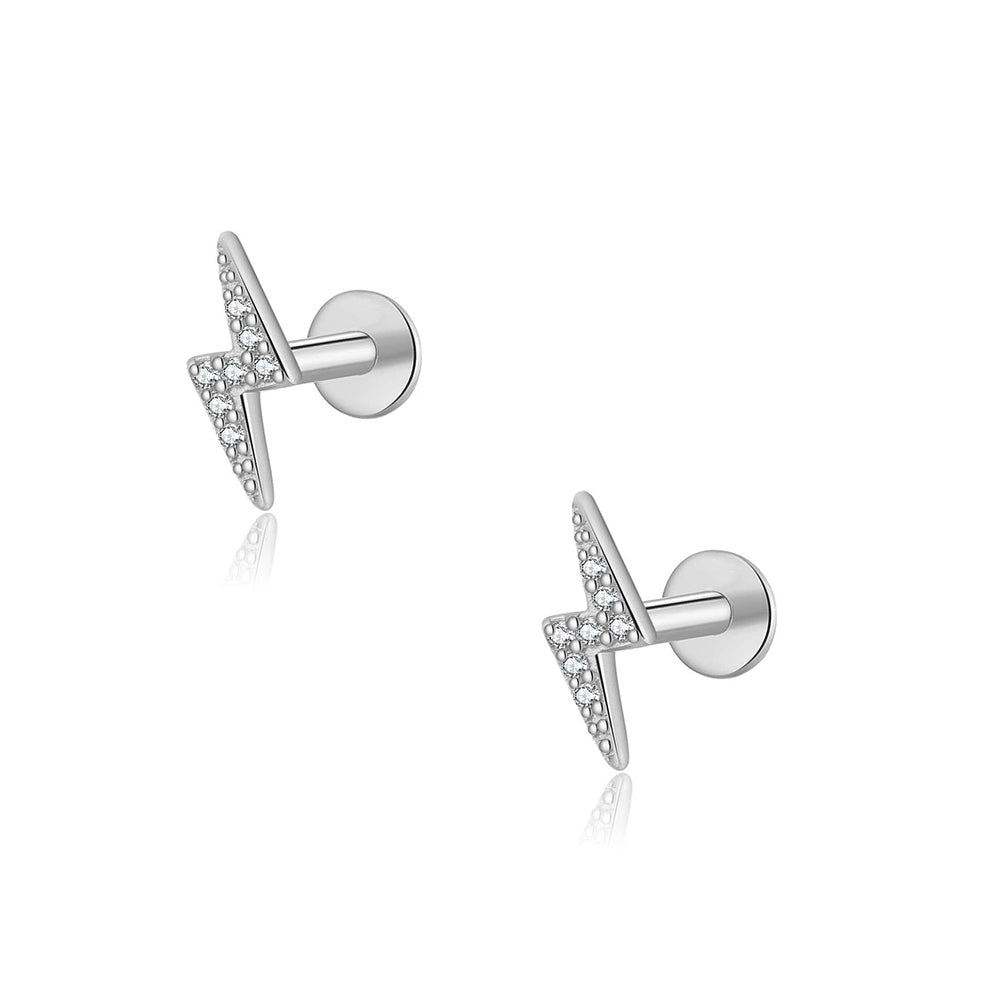Cubic Zirconia History
Cubic zirconia is a synthetic version of the mineral, and the most commonly used type is for gemstone applications,
This gemstone was developed during the 1970s in the Soviet Union for use in military applications that involve optics and lasers.
You’re probably already familiar with this famous white diamond.
The word ‘zircon’ means a hard, brittle stone with a color range from green to violet, depending upon
The mineral zircon, on the other hand, is a silicate, and zirconium oxide is a simulant.
The silicon turns into oxygen. The tetragon becomes a cube.
In cubic zirconia, zirconium has been turned into a solid form, just like the diamond in which its
What is Cubic Zirconia?
Cubic zirconia is a synthetic, colorless gemstone. It’s made of the cubic crystalline form of zirconium dioxide.
This gemstone can appear in nature within the mineral baddeleyite, but it's extremely rare.
Lab-created cubic zirconia is used in all cubic zirconia jewelry, so the only thing that differs among different types of cubic zirconia is the shade of the stones.
Synthetic gems are an excellent alternative to natural diamonds. They are typically cheaper than real diamonds and have the same beautiful color and brilliance as the real thing.
They are most famous for being colorless because they are very similar to diamonds and have been treated as diamonds either intentionally or unintentionally. Although pure stone is colorless, impurities can produce yellow, orange, blue, red, brown, and green varieties.

How is Cubic Zirconia Made?
Cubic zirconia is a synthetic material that is manufactured by melting zirconium oxide powder with stabilizers like magnesium and calcium
Crystal is a compound that forms after a high-temperature process and stabilizes when cooled.
The crystals are then cut, polished, and sometimes treated.
Cubic zirconia can mimic various Diamond shapes, such as Cushion cut or oval-cut diamonds.
There is a variety of colored cubic zirconia available.
Zircon is one of the very few gems that have reached the diamond level in fire color and brightness. Its high refractive index and dispersion value make it a beautiful gem.
Proper Care of Cubic Zirconia
Cubic zirconia is very pretty when clean and shiny. But it can be damaged by dust so take extra care when handling it.
The best way to clean CZs is to use a small brush and warm, soapy, lukewarm water.
I don’t recommend using soap at all. Just rinse with warm water and pat dry with a clean cloth.
This is a stone that is fairly durable and can be cleaned with most sonic and steam devices.
If the cubic zirconia is set in a metal frame, it must be cleaned with a polishing cloth.
If your plated items are in contact with acidic substances or abrasives, they need to be treated with care.
Avoid the temptation of putting loose beads in a jewelry box to keep them in place.

FAQ about Cubic Zirconia
Is cubic zirconia good?
Cubic zirconia is an inexpensive option for jewelry that won't scratch or tarnish as easily as a real diamonds.
If you love the sparkle of a diamond, but don’t have enough budget, cubic zircon is a good choice.
Can you get cubic zirconia wet?
You can get some form of wetness on a gemstone, but repeated exposure to water will cause it to lose its shine.
Take off cubic zirconia jewelry before doing any water-related activity like washing dishes, bathing, or swimming.
If you wear your jewelry for years doing these activities, the quality of the cubic zirconia will deteriorate.
Are lab-created diamonds the same as cubic zirconia?
Lab-created diamonds aren’t the same as cubic zirconia. They’re synthetic diamonds that have the same physical and optical properties as natural diamonds.
For example, the lab-created diamond consists of carbon atom structures just like the natural diamond.
Diamonds, known as the “natural treasures of the earth,” are renowned for their extraordinary physical properties and beauty. They are also believed to bring good fortune and to have healing powers.
Cubic zirconia is a gem substitute that will not give off the same properties as a diamond, and it does not sparkle and flaunt the same way a diamond would.
You are far better off with a lab-grown diamond than you are with a fake diamond.
Diamonds are much more affordable than real diamonds but you are still getting the timeless beauty and incredible brilliance of a diamond.

How long does cubic zirconia last?
Cubic zirconia lasts for two to three years with everyday wear, as long as you take good care of your jewelry.
You can maintain the durability of your jewelry by occasionally cleaning it.
Over time, cubic zirconia usually gets scratched and becomes cloudy.
Does cubic zirconia rust?
Cubic zirconia does not tarnish, but the jewelry setting will.
Some inexpensive metals, such as brass, gold-plated alloys, and sterling silver, will rust over time due to exposure to oxygen in the air and water.
Does cubic zirconia get cloudy?
Cubic zirconia becomes cloudy due to scratches, soaps, mineral deposits, dirt, and exposure to oxygen in the air and water.
You can clean your jewelry with soapy water and a soft cloth.
Even though you can’t restore a gemstone to its original state, you can still make it clear and bright.




























































































